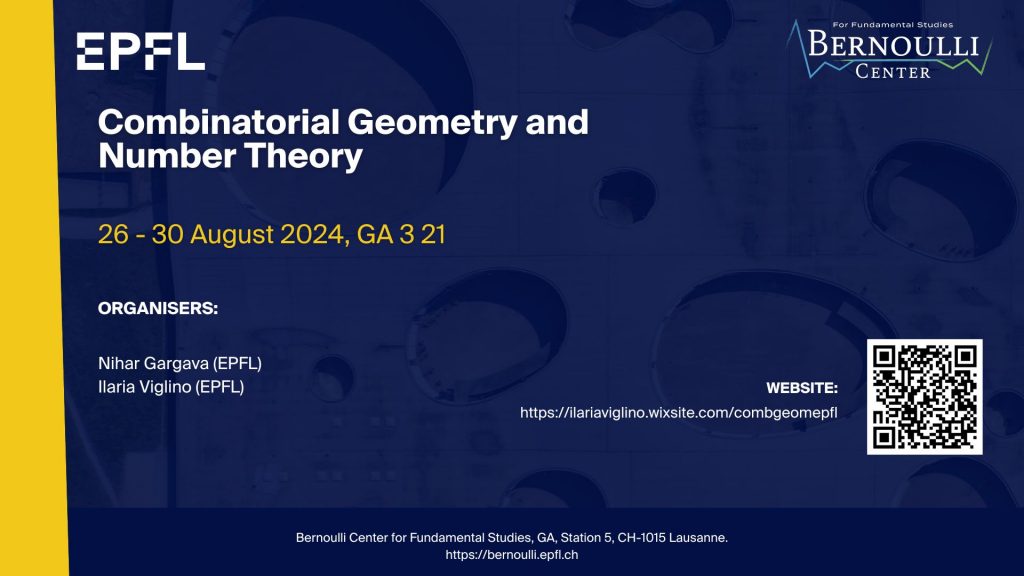Combinatorial geometry is the study of extremal problems about finite arrangements of points, lines, circles, etc. Many questions have a strong intuitive appeal and can be explained to a layman. For instance, how many unit balls can be packed into a large box of a fixed volume? What is the maximum number of incidences between n points and n lines in the plane?
The works of László Fejes Tóth and C. Ambrose Rogers initiated new combinatorial approaches to some classical questions studied by Newton, Gauss, Minkowski, Hilbert, and Thue. They laid the foundations of the theory of packing and covering. At the same time, Paul Erdős continued bombarding the world with new questions of combinatorial geometry that even Euclid would appreciate.
Many of these problems turned out to be crucially important in coding theory, combinatorial optimization, computational geometry, robotics, computer graphics, etc. The explosive development of computer technology presented a powerful new source of inspiration for many areas of pure and applied mathematics. Combinatorial geometry is one of the fields that benefited most from this source.


